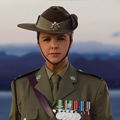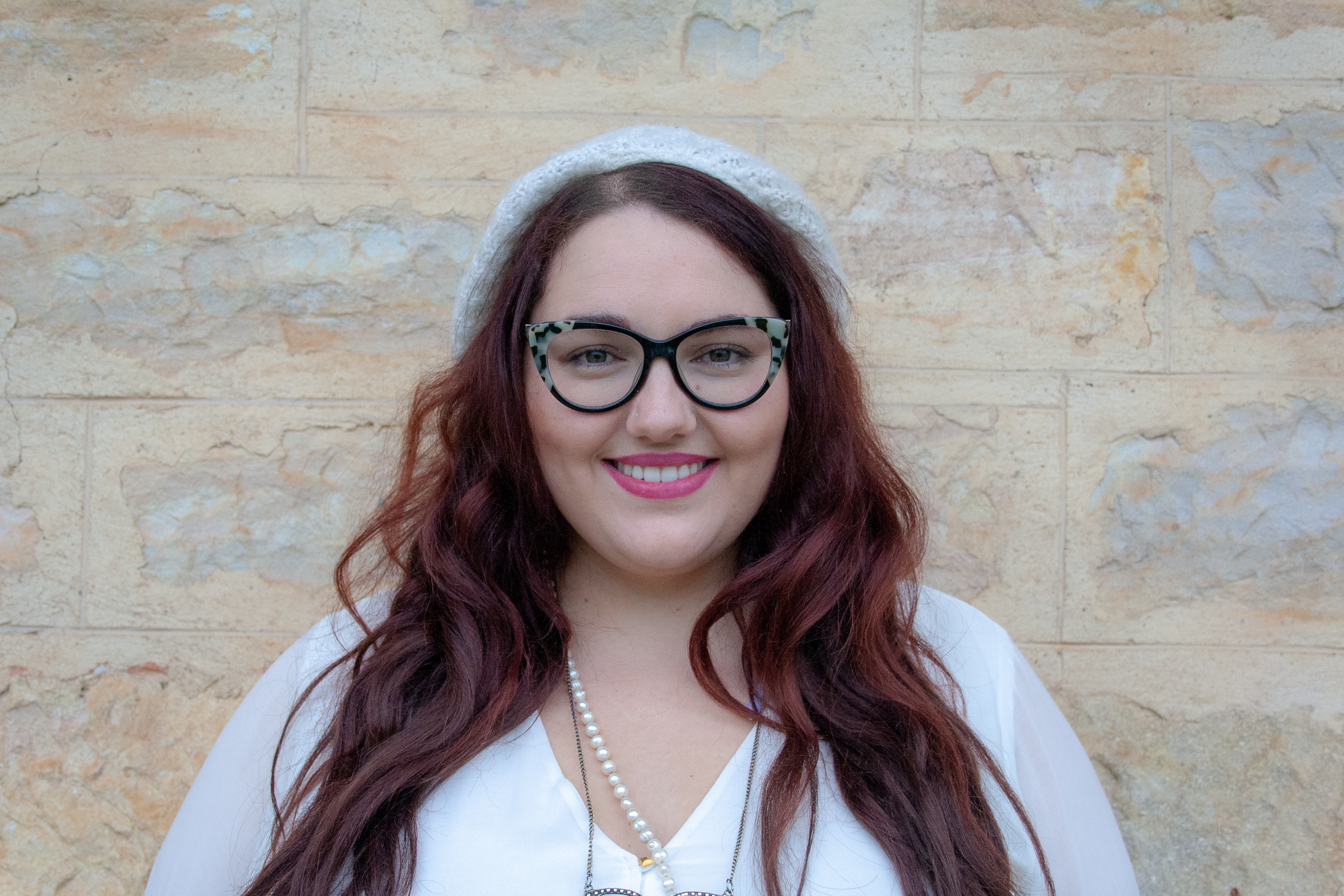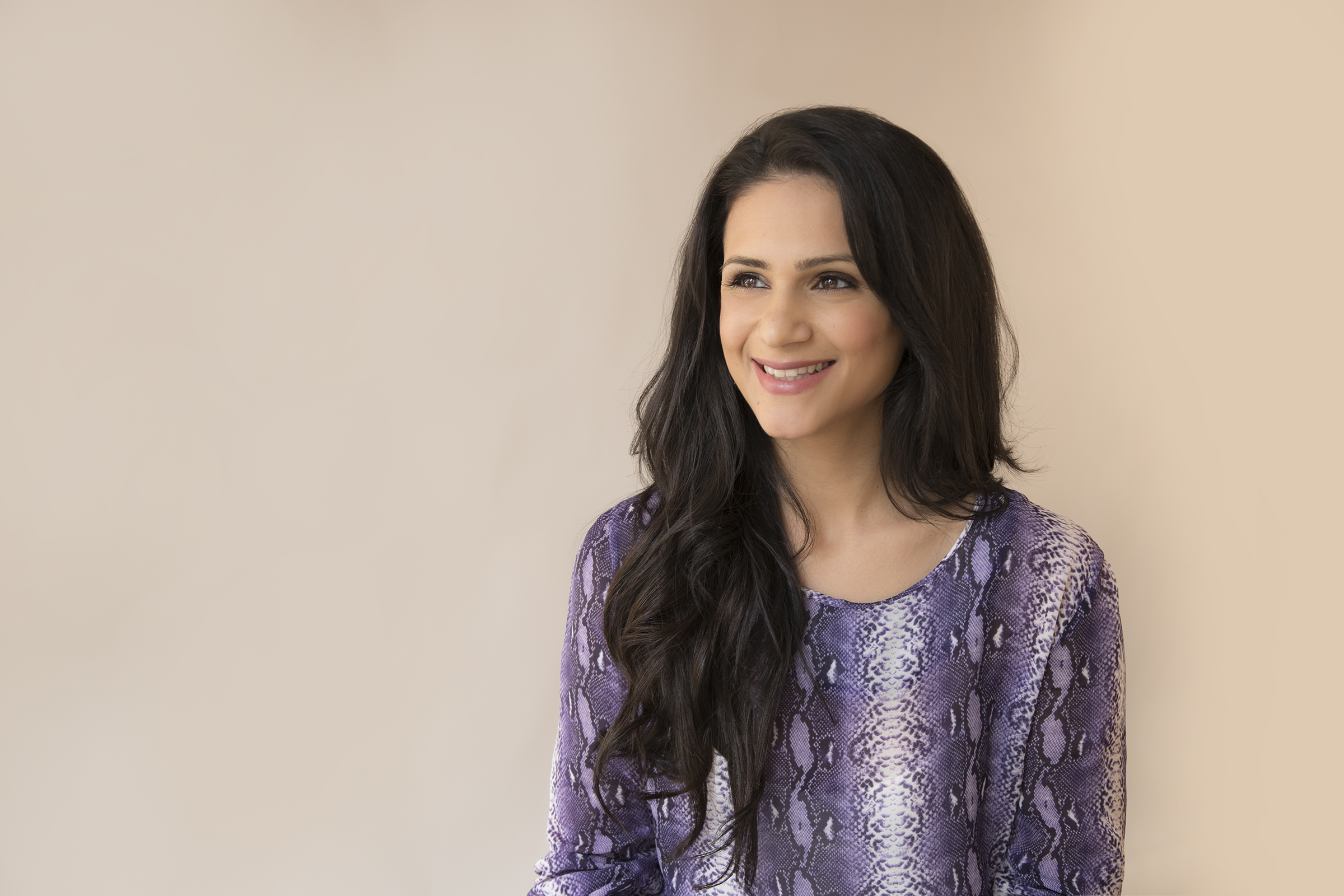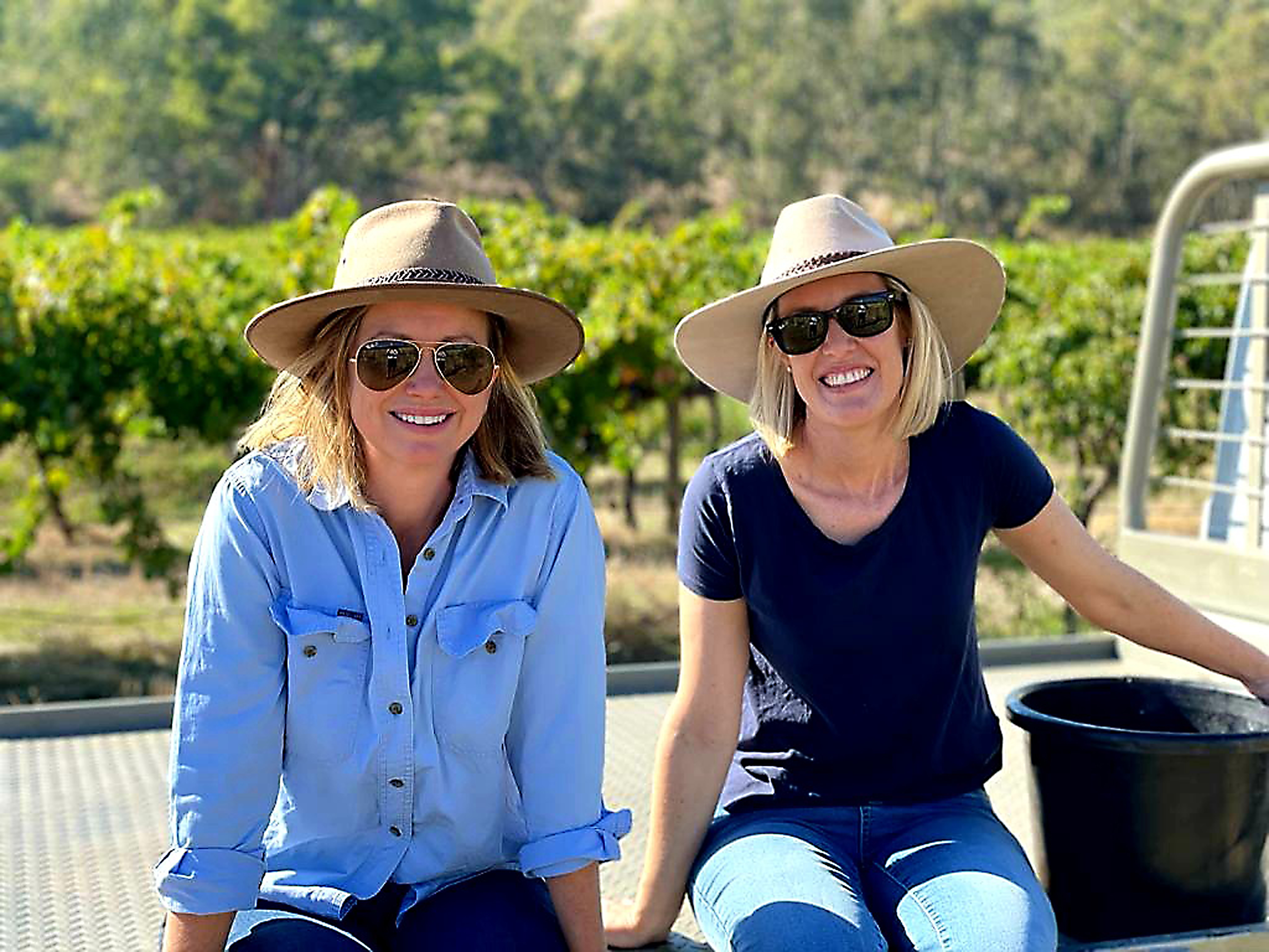Over the past few years working with women as a life coach and facilitator, Kemi Nekvapil has noticed a recurring issue. It keeps showing up again and again, and it is too obvious for her to ignore.
“It doesn't matter who I'm working with, or what stage of life they're in, we seem to hit on the same issue repeatedly,” Kemi says.
“It's when we get to the point where the client needs to ask for something – a thing that they need in order to move forward – that we encounter a barrier,” she says.
“It can be anything – the need to ask for help, time, money, feedback, hugs. And I say, ‘Have you considered asking for what you want?’”
When Kemi asks this question, she finds that one of two things tends to happen. Either the client sees for the first time that ‘asking’ is a possibility in their situation, or they come up against an internal barrier that prevents them from asking for what they want.
“It's not the case for every single client, but it has happened enough for me to see that we women generally have a fear of asking,” Kemi says.
So, why do we struggle so much when it comes to asking for what we need and want? Kemi is adamant:
“If you want a new role at work, you need to ask for the promotion.
If you want more from your employees, you need to ask for more from them.
If you are asked to make a major life decision and you need more time to weigh up the options, you can ask for more time.”
“Of course, it takes courage to take action,” explains Kemi. “It also takes bravery to state what you need. And it requires immense vulnerability to ask for more than what has been dealt out to you.”
For Kemi, whether or not we step up and ask for what we want comes down to whether or not we feel worthy. “Worthiness is at the core of so many decisions we make about others and ourselves,” she says. “It dictates and defines what we feel we deserve in all areas of life – who we have as friends, who we choose as a life partner, who we do business with, where we go, what careers we have and how we experience the world.”
For many of us, there is no end to the list of reasons we can give for not asking for what we need or want. Here are just a few that Kemi’s clients have shared with her:
- I don't want to look greedy.
- I'm too scared.
- I'm afraid of getting a no.
- I'm afraid of getting a yes.
- I'm afraid of looking stupid.
- I'm scared of being rejected.
- I don't want to appear arrogant.
- I don't want to be a burden.
“When you look at this list, you may think it is simply easier not to ask, since you don’t want to be rejected, embarrassed or feel uncomfortable,” Kemi says. But as the expert explains, the consequences of not asking for what we need and want are much more profound.
In her book, The Gift of Asking, Kemi identifies fifteen costs of ‘not asking’. They include feelings of resentment, constant disappointment, anger, blame, failure, jealousy, and withdrawal from others. We may also find ourselves 'hoping instead of doing' or 'being a victim'.
Sound familiar? Kemi recommends stopping and asking yourself: ‘What am I not asking for, and how is this inability to ask impacting my day-to-day wellbeing and experience of life?’
Other key questions you might ask yourself are ‘Do I value myself enough to ask?’ and ‘Am I worthy enough to state my preference in this situation?’
“Of course, you will not always get what you ask for – and sometimes that is for the best – but you will build your sense your worthiness just by taking the action of asking,” Kemi says.
Sign up to the Women in Focus newsletter for updates on our community and events, and more content like this.







